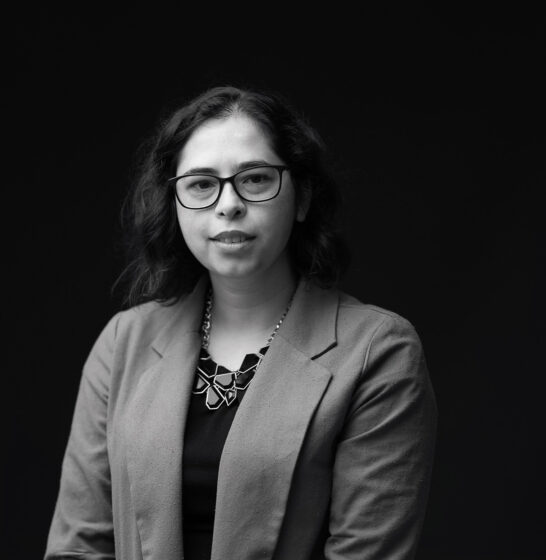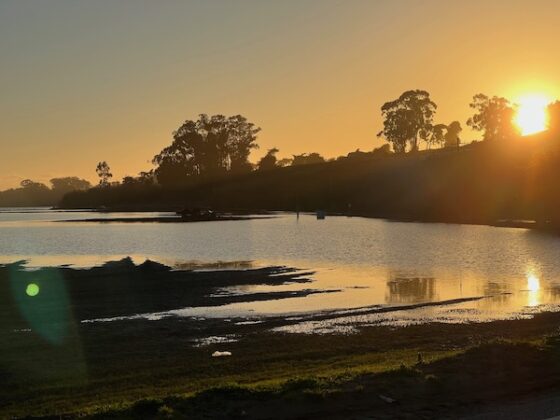Danielle Rivera’s work on low-income communities’ recovery after disasters honored by JAPA

Congratulations to Assistant Professor Danielle Rivera, lead author on a study that was just named Best JAPA Article by an Emerging Scholar. The Editorial Advisory Board of the Journal of the American Planning Association conferred the honor on “Procedural Vulnerability and Its Effects on Equitable Post-Disaster Recovery in Low-Income Communities,” co-written by Rivera with Bradleigh Jenkins and Rebecca Randolph.
The board cited their work for making a significant contribution to the literature of the planning profession, having the potential to change the nature of discourse on the topic, and providing useful insights or implications for planning practice or public policy.
In the article, Rivera and her co-authors identify the mechanisms that cause inequitable recovery after disasters through an analysis of a legal case stemming from 2008’s Hurricane Dolly. The case centered on the post-disaster recovery of impoverished rural communities, or colonias, in the Río Grande Valley. Although post-disaster recovery inequity, and the correlation between race and class with an increased vulnerability to natural disasters in the first place, have been well documented, this article is one of the few that details the processes that result in these outcomes.
The authors pinpoint entrenched histories of stigmatization and lack of investment in these communities combined with FEMA practices, including unclear definitions of the terms “deferred maintenance” and “insufficient damages,” that lead to fewer federal funds directed to colonias.
The work builds on oral histories Rivera compiled in the region, documenting how residents of these low-income, often unincorporated, communities along the U.S./Mexico border organized to improve their conditions.
The study aims to shift the conversation away from viewing disadvantaged communities as inherently vulnerable; instead, the authors urge agencies and planners to recognize the policy and planning processes that generate vulnerability. They argue that engaging local histories of racism and prejudice is key to addressing and redressing these longstanding inequities.

Rivera is continuing to investigate the effects of disasters on marginalized, unincorporated communities. She published an article this summer in the journal Environmental Justice looking at the inadequacies of stormwater infrastructure in South Texas. Her current grant-funded research is focused on unincorporated communities in California’s Pájaro Valley and the San Francisco Bay Area, which were devastated by floods last winter
.